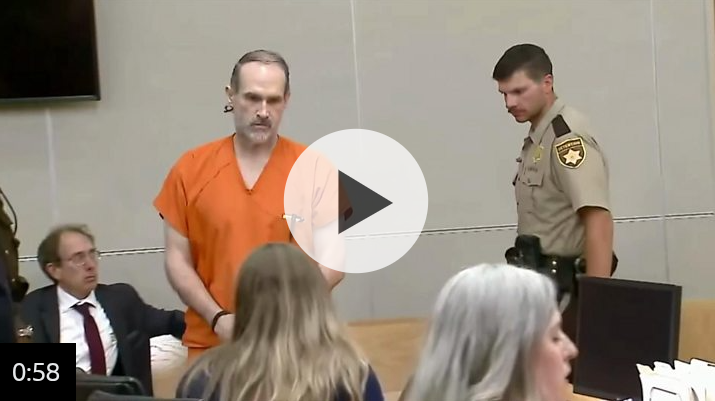A federal judge has placed increased pressure on the U.S. Department of Justice to account for its actions regarding the controversial deportation of Kilmar Abrego Garcia, an undocumented immigrant alleged to be affiliated with the violent MS-13 gang. On Wednesday, Judge Paula Xinis extended the deadline for the DOJ to produce documents and testimony concerning the case, giving them until April 30. This extension came after rising tension in court, where Judge Xinis criticized the department for what she saw as ongoing noncompliance with previous court orders. The issue has become a legal flashpoint, with sharp divisions emerging between Democratic and Republican leaders over immigration policy and procedural justice.
Kilmar Abrego Garcia, a 29-year-old who had been residing in Maryland with his wife and children, was deported last month to El Salvador. His removal occurred despite a prior court ruling that barred deportation to that country due to safety concerns related to gang retaliation. The deportation was later acknowledged in court to have been an administrative error. Nonetheless, prominent figures in the Trump administration maintain that Garcia’s removal was justified, citing alleged gang affiliations and domestic violence accusations. His attorneys deny any gang ties and argue that the government violated his legal protections by not following proper deportation proceedings.
The judge overseeing the case, Paula Xinis—an Obama-era appointee—has not minced words in expressing her dissatisfaction with the DOJ’s handling of the matter. She previously accused the administration’s legal team of using vague claims of privilege to stall the court process. In a sharply worded order, she wrote that the government’s resistance to transparency was unacceptable and emphasized that her directives were being ignored in bad faith. Despite the DOJ’s argument that sensitive information was protected under various legal privileges, the judge has demanded specific justifications for each claim, rejecting broad assertions without detailed support.
Meanwhile, the case has ignited a broader political firestorm. Democrats, led by Maryland Senator Chris Van Hollen, have publicly advocated for Garcia’s return to the United States, framing it as a matter of due process and humanitarian concern. Van Hollen even traveled to El Salvador to meet with Garcia, a move that was followed by several other Democratic lawmakers making similar visits to support the effort. Conversely, Republicans argue that Garcia poses a threat to public safety and support the Trump administration’s hardline stance. They point to alleged domestic abuse, previous encounters with law enforcement, and a suspected human smuggling incident as reasons to deny his reentry.
Ultimately, the courts have recognized Garcia’s 2019 deportation order as flawed due to the existence of a “withholding order,” which prohibited his return to El Salvador. The U.S. Supreme Court has weighed in, stating that his deportation was not legally permissible and that the government must act as though it never occurred. As the legal battle continues, this case has become emblematic of the ongoing struggle over immigration enforcement, legal rights of non-citizens, and the responsibilities of government agencies to uphold the rule of law without political bias.



